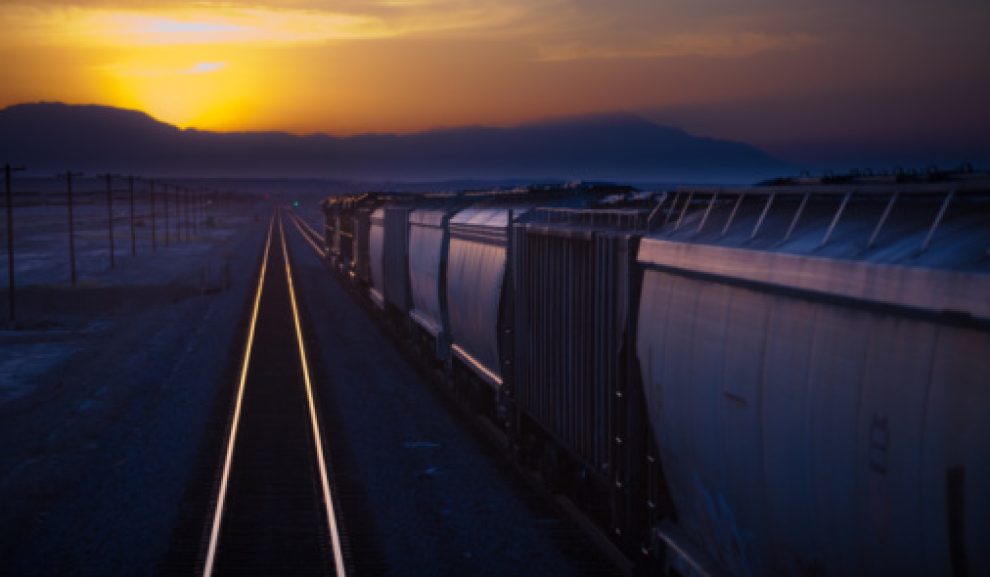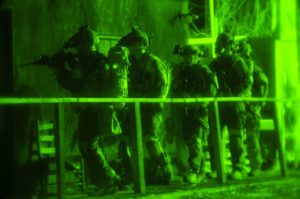What happened to all the money the US government shipped into Afghanistan? What happened to all the money that was made from the opium trade, which flourished during the US occupation? From Eric Margolis at lewrockwell.com:
Afghanistan’s US-run government was the world’s largest producer and exporter of opium, morphine, and the end-product, heroin.
As it did after first seizing power in the mid-1990’s, Taliban, the Islamic anti-drug and anti-communist movement, is shutting down the Afghan drug trade. Billions worth of heroin, opium and morphine that had been flowing into Central Asia, Russia, Iran, Turkey, Pakistan and Southeast Asia will be sharply reduced. Afghanistan’s drug-based economy is now in dire jeopardy.
But you would not know this if you follow the biased western press, notably the big US TV networks, social media and the BBC which thinks it’s Britain’s old colonial office. Western media has focused almost exclusively on the supposed plight of well-off westernized Afghan women in Kabul. That’s all you see on TV.
That these pampered ladies can’t easily get their nails done is not Afghanistan’s biggest problem. Nor is the closing of dance studios or fashion boutiques.
What really matters is that Afghan wedding parties and villages are no longer being savaged by US warplanes or B-1 and B-52 heavy bombers, or that wide scale torture by the Communist-run secret police, whose head, Amrullah Saleh, was a key US ally and the nation’s real strongmen, has been ended by Taliban.
Meanwhile, western media simply ignores the plight of women in the Gulf and Saudi Arabia. I well recall being twice arrested in Jeddah, Saudi Arabia by religious police for walking with an attractive lady (an Estee Lauder beauty consultant).

